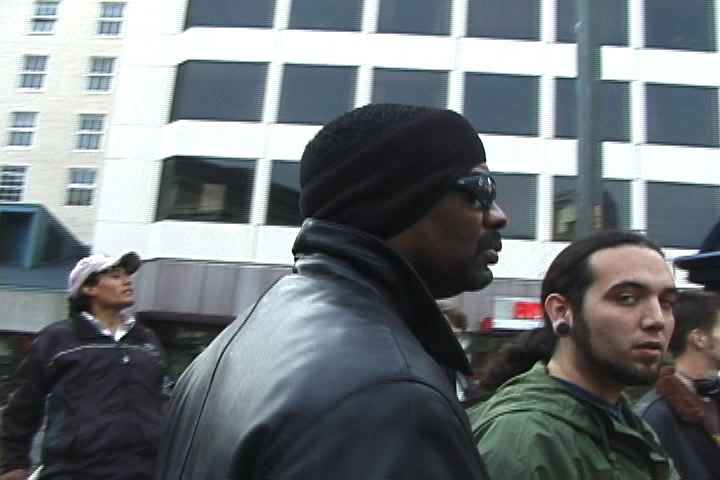

UNDERCOVER DETECTIVE PLUS

In Scotland the salary ranges from £42,966 for sergeants to £91,179 for chief superintendents.Experienced staff in England, Wales and Northern Ireland earn between £43,965 and £46,277 as a sergeant, £52,698 and £57,162 as an inspector, £58,332 and £60,732 as a chief inspector, £70,173 to £82,881 as a superintendent and £86,970 to £91,749 as a chief superintendent.The starting salary for a newly qualified constable in England, Wales and Northern Ireland is £24,780, rising in annual increments to £41,130 at the top of the constable scale the starting salary for constables in Scotland is £28,392, rising incrementally to £40,877.keep up to date with changes in legislation and procedures as they affect criminal investigation.liaise with internal and external agencies relevant to your area of responsibility e.g.assess and report the potential for recruiting informants, or exploring other useful sources of information.identify appropriate witnesses and obtain statements.participate in and conduct raids, searches or arrests.deal with forensic material and its submissions.
UNDERCOVER DETECTIVE PROFESSIONAL
prepare, complete and submit accurate case papers and evidential files to the highest professional standard and within set time limits.analyse and interpret data, examine records and documents.use cutting-edge technology to help with the investigations.make decisions based on balancing risks, costs, benefits and the wider impact.develop and evaluate strategies to manage investigations, working closely and communicating with staff at all levels.gather, verify and assess all appropriate and available information to gain an accurate understanding of situations to an agreed case investigation plan.manage and conduct a range of complex investigations in your area of responsibility.Not all specialist areas are offered by every police force and there is strong competition for some. Special Branch - investigates incidents relating to national security and international terrorism.įurther professional training is required when starting to work in any of these specialist units it is possible to transfer to different units over the course of your career.child protection department - deals with offences against children.firearms squad - investigates and responds to offences involving firearms, including potential hostage situations.



 0 kommentar(er)
0 kommentar(er)
